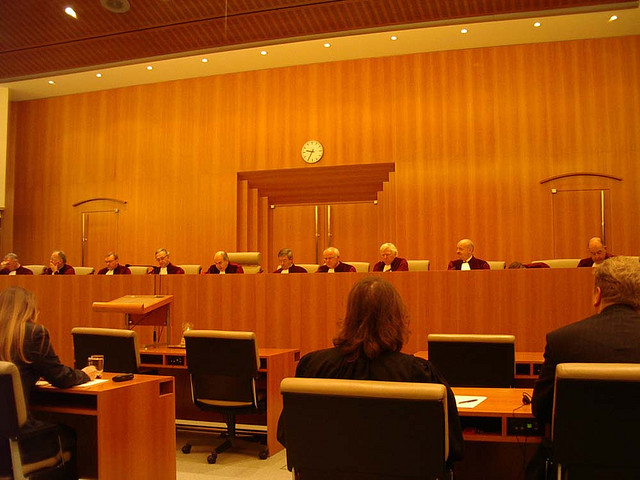 In the recent case of Chez Razpredelenie Bulgaria, the ECJ extended indirect discrimination claims to include those who are not actually part of a disadvantaged group, but suffer the effects of the discriminatory policy nonetheless.
In the recent case of Chez Razpredelenie Bulgaria, the ECJ extended indirect discrimination claims to include those who are not actually part of a disadvantaged group, but suffer the effects of the discriminatory policy nonetheless.
This ruling will allow claims to be brought by those who “suffer alongside” the affected group. But will this have a significant impact on employment law?
The Chez Razpredelenie Bulgaria Ruling
Chez Razpredelenie Bulgaria was in relation to the provision of goods and services, however the indirect discrimination doctrine also applies to employment law. In this case, electricity meters were placed at a greater height in areas which had a particular history of unlawful connections and tampering with electricity meters. It was determined that this practice amounted to indirect discrimination against members of the ethnic group of Roma who made up the majority of the population living in this area. However, the non-Roma population of this area also “suffered alongside” the Roma inhabitants and thus the ECJ ruled that they are also entitled to make a claim for indirect discrimination.
How does this apply to UK employment law?
At present, the equality act prohibits associative direct discrimination. For example, where a person is treated less favourably because they have a disabled child. However, the act does not prohibit associative indirect discrimination- for example, where an employer prohibits part-time working which puts a member of staff with a disabled child at a disadvantage.
Under the current law, in order to make a claim for indirect discrimination, the employee must be a member of a protected group which has been disadvantaged by the practice or policy, and show that they have suffered disadvantage. However, the ECJ ruling may change this significantly. Non-discrimination is a fundamental principle of EU law and thus employees suffering associative indirect discrimination may be able to rely on this recent ruling to make a claim – even against employers in the private sector.
What does this mean for employers?
This ruling could actually have a significant impact on employment practice and greatly affect employers. Employers could now face indirect discrimination claims from employees who “suffer” as a result of a policy that puts a group with a protected characteristic at a disadvantage, even where they are not a member of that group. The best example is probably a working father who claims he also suffers from a no-part-time working policy the same way a working mother would. In such circumstances it is likely that the working father will be required to prove that he is actually “suffering” as a result of the policy and not merely subject to it. Nonetheless, the ruling has opened the door for a greater number of associative indirect discrimination claims and this could be very difficult for employers to navigate when implementing new policies and rules.
The ECJ ruling is of particular interest as it seems to really push the boundaries of equality principles. Whilst it is a welcome sight to see equal rights further extended, it will also be interesting to see how the European commission and national courts respond to this interpretation of the law. Whilst the ECJ are well known for taking a progressive approach to their expansion of legal principles, could the legislature ever have anticipated that indirect discrimination claims could be made by someone that was not a member of a group with a protected characteristics? It is likely that a narrow approach to this ruling will be adopted in the UK and only where the claimant is truly suffering as a result of a discriminatory policy will they be able to make a claim.


